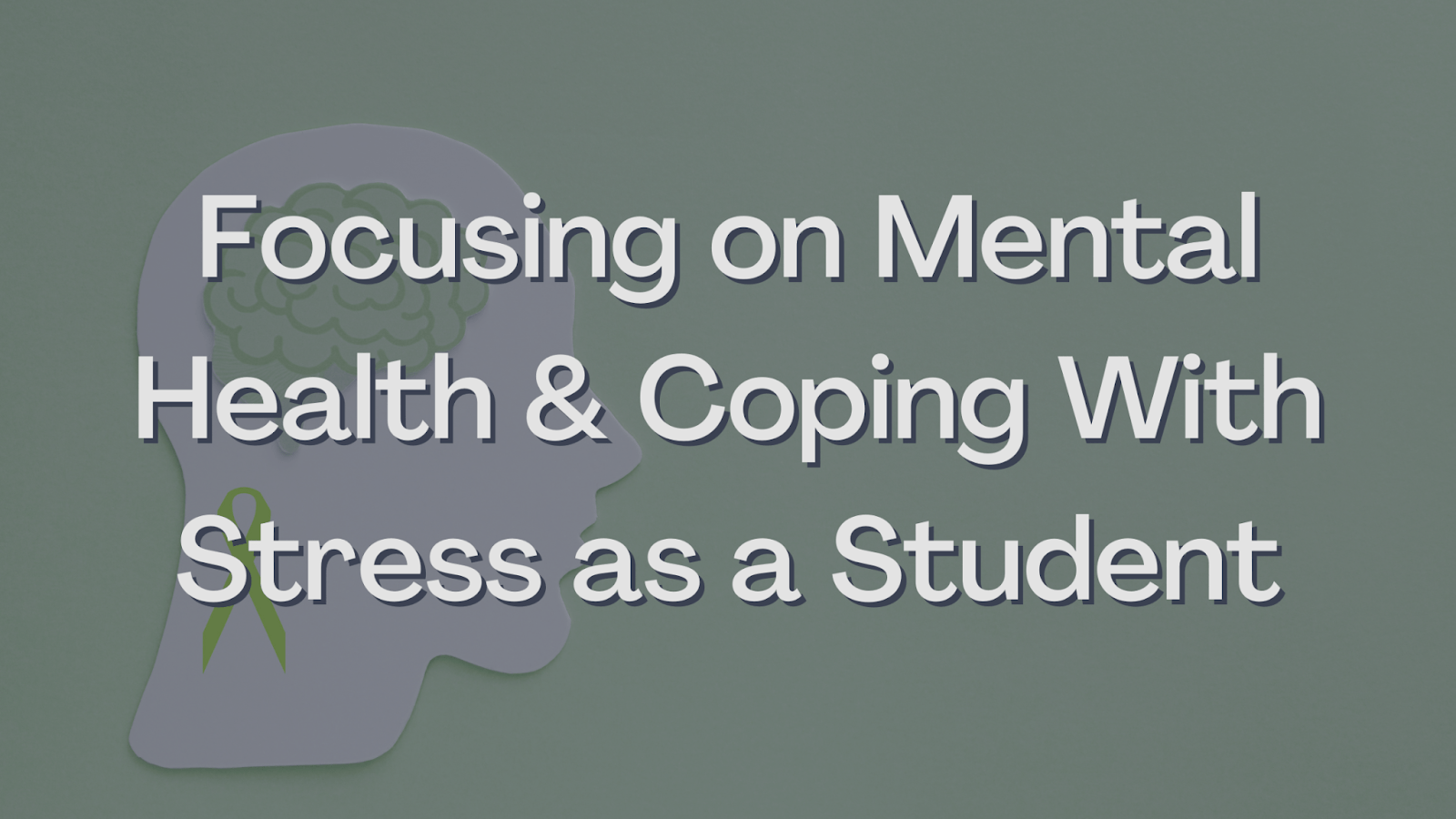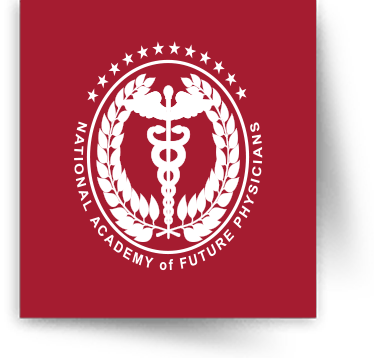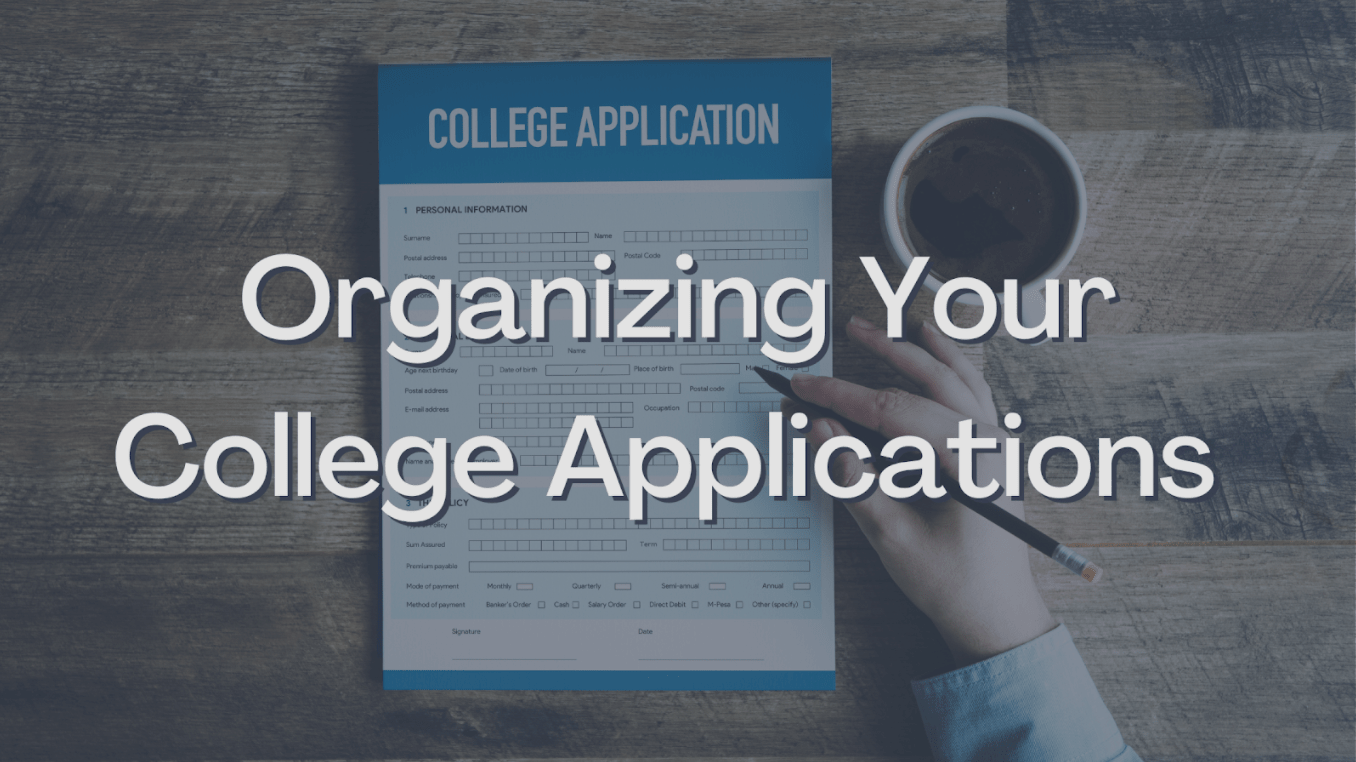Focusing on Mental Health & Coping With Stress as a Student

Do all your homework. Score perfect grades on tests. Ace your essays. Make the varsity team. Complete your community service hours. Spend time with your family. Go for leadership positions. Have hobbies that look good on your college applications.
We know you have A LOT on your plate. It can feel like you have pressure on you coming from every direction…because you do. People’s expectations for you in high school are high, and you may even feel that you’re not in control of your own life.
This is not just normal—it’s pretty much universal. Feeling overwhelmed is a natural response to all the things that are being asked of you.
We have some thoughts about how to keep yourself sane during this stressful time in your life. There’s no one-size-fits-all approach, but maybe some of these ideas will help you stay balanced and care for your mental health.
- Know who you can trust. Find a safe person, or people, you can rely on. This could be your parents, but it could also be your coach, counselor, or favorite teacher. Whether you are seeking some solid advice or simply an empathetic ear to vent to, it’s important you don’t feel like you’re in it alone.
- If you can, get some backup from the pros. We know it’s not an option that’s accessible for everyone, but if you have the resources, professional counseling can be hugely beneficial. Professional counselors and therapists’ full-time job is to listen to you, support you, and give you unbiased advice. They can give you real strategies to cope with everything: stress, low self-esteem, lack of organization, ADHD, and pretty much anything else you can think of.
- Stay grounded. It’s easier said than done, but try to keep your perspective. One bad day, one failed test, is not going to tank your entire future. You’re supposed to make mistakes right now, and no one expects you to be perfect (no matter how much it may feel that way sometimes). Remind yourself that you only have to take things one step, and one day, at a time.
- Do something other than school and work—and don’t feel guilty about it! Sure, you need to be “productive” sometimes. But you also need to rest. Your free time is not just time where you’re not studying or working; it’s where you get to be yourself, and it’s an important part of becoming who you’re meant to be. While self-care may look different from person to person,it’s a non-negotiable for everyone.
Try to remember that everyone who is now setting high expectations for you was once in your shoes, and they made it through. Your feelings are valid and justified, but they’re also not going to last forever. If you can support yourself and lean on others through tough times, you’ll build skills that will last you a lifetime.






 So you’ve refined your search and decided on a short list of colleges. Exciting! Now what?
So you’ve refined your search and decided on a short list of colleges. Exciting! Now what?